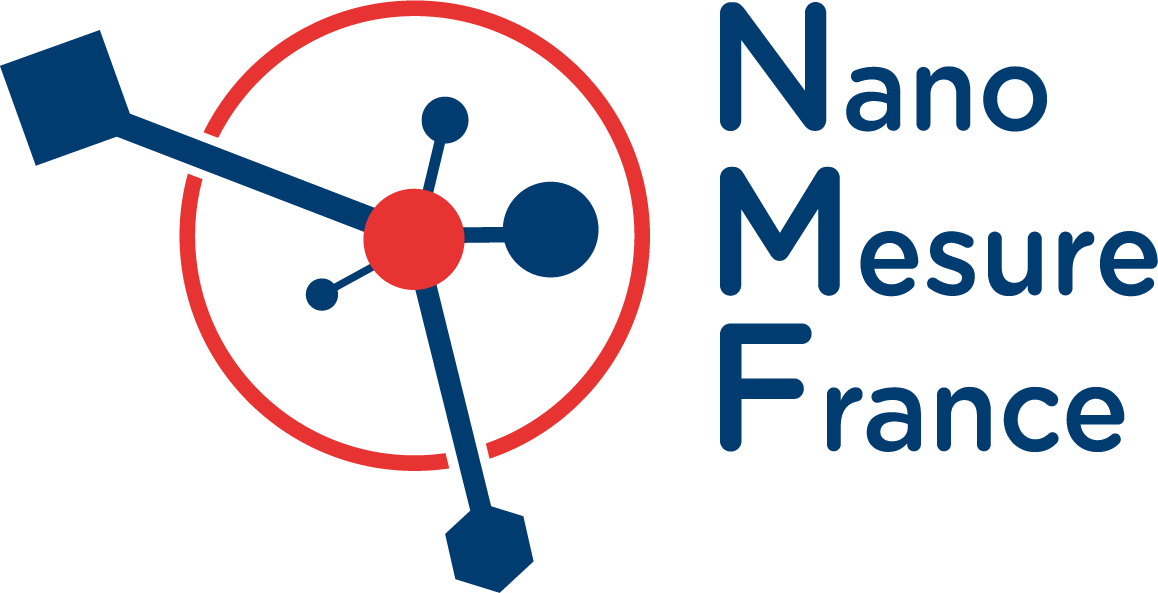Ecosystem
NanoMesureFrance is positioned at the interface of all the key players and initiatives concerned by the issues of harmonization and
validation of characterization methods for nanomaterials.
This privileged position gives our members a better understanding of this complex and fragmented ecosystem, as well as facilitating access to
strategic stakeholders in the field.
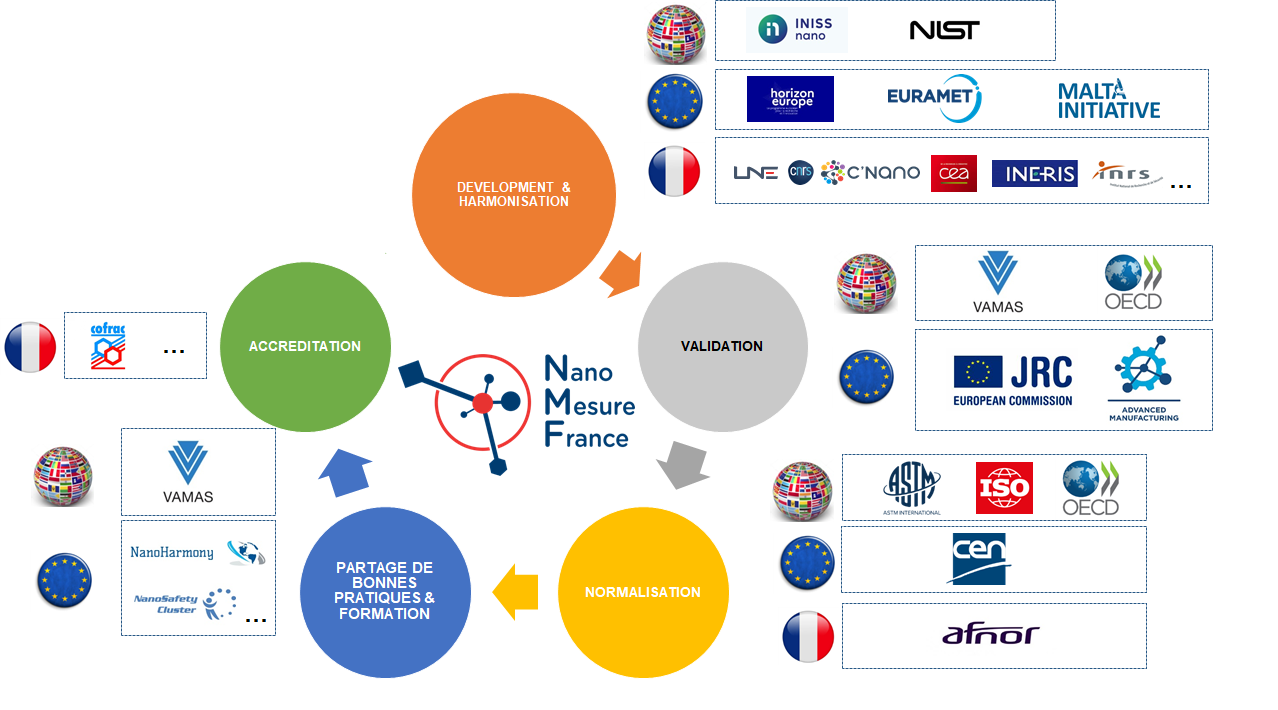
VAMAS
The Versailles Program on Advanced Materials and Standards
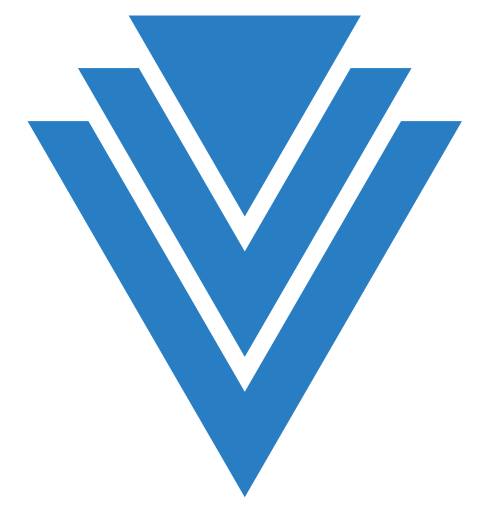
The Program is an international pre-standardization initiative, which today brings together 16 countries on its Steering Committee (Australia, Brazil, Canada, China, Taiwan, France, Germany, India, Italy, Japan, South Korea, Mexico, South Africa, UK, USA, European Commission). Its main objective is to provide the technical basis for harmonizing measurement methods for advanced materials and nanomaterials. Various Working Groups (TWA = Technical Working Areas) each host several projects and regularly organize inter-laboratory comparisons to validate characterization/measurement methods and produce repeatability/reproducibility data for future standards. ISOIEC or national standards in the field. Any laboratory can take part to gain access to current best practices and assess its mastery of a measurement technique or procedure. National metrology institutes are often the representatives of member countries on the Steering Committee (i.e. for France, LNE plays this role), but other players (academic or industrial) can also occupy one of the three seats offered to each member state.
The following TWAs may be of interest to NanoMesureFrance members
- TWA 2 Surface Chemical Analysis
- TWA 33 Polymer Nanocomposites
- TWA 34 Nanoparticle Populations
- TWA 41 Graphene and Related 2D Materials
- TWA 42 Raman Spectroscopy and Microscopy
- TWA 45 Materials and Environment (micro-nanoplastics)
Website : www.vamas.org
Standards committees

AFNOR/X457 Nanotechnologies and Nanomaterials

CEN/TC 352 Nanotechnologies

ISO/TC 229 Nanotechnologies

ISO/TC 24/SC4 Particle characterization

ISO/TC 201 Chemical analysis of surfaces


ASTM/E56 Nanotechnologies
Physical and chemical characterization, (iii) Environment, health and safety, (iv) Nanotechnology-based consumer products, (v) Education and skills development & (vi) Nanotechnology-based medical products. Unlike ISO, it is possible to participate in the work of the ASTM E56 Nanotechnologies directly as an expert, without having to represent its National Delegation and therefore be a member of AFNOR/X457.
OECD/WPMN
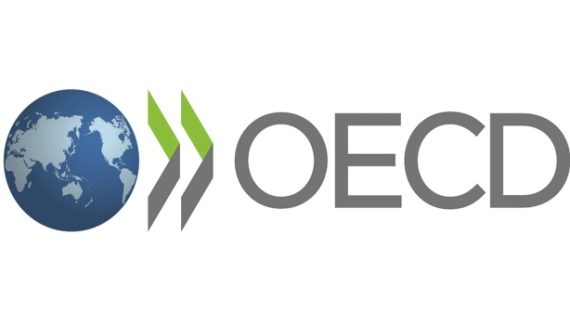
The OECD Working Party on Manufactured Nanomaterials (WPMN) was set up in 2006 to promote international cooperation in the fields of human health and environmental safety of manufactured nanomaterials.
Its aim is to help countries assess the safety implications of nanomaterials by focusing on the development of appropriate harmonized methods and strategies to produce data that are enforceable within a regulatory framework and recognized in all member countries through Mutual Acceptance of Data (MAD). The main actions involved in producing OECD Guides and Guidelines are consensus-building on test approaches to be proposed and validated by inter-laboratory comparisons.
The various National Delegations meet once a year at OECD headquarters in Paris.
Any interested player can join its National Delegation.
Malta Initiative
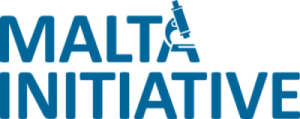
The Malta Initiative is a European network with no official mandate, supported by a wide range of stakeholders (ministries, government agencies, public laboratories, industry), to build confidence in enforceable legislation and safe innovation for nanomaterials and advanced materials. the development of harmonized test methods at European level.OECD .
This initiative welcomes constructive dialogue between the various stakeholders to identify priorities for support, and calls on the European Commission to provide sustainable funding specifically for the validation and harmonization of these methods, as well as for the establishment of a platform for exchange between industry, laboratories and authorities.
In France, the Ministry of Ecological Transition and Territorial Cohesion and the LNE are signatories to the Position Paper. All countries and organizations wishing to support the Malta Initiative are welcome.
EU NanoSafety Cluster

The NanoSafety Cluster (NSC) works to maximize synergies between European research projects dealing with the safety of materials and technologies whose performance is enhanced by the introduction of nanomaterials. Themes of interest include toxicology, eco-toxicology, exposure assessment, interaction mechanisms, risk assessment, characterization and standardization.
The network is an initiative of the European Commission's Directorate General for Research and Innovation (DG RTD), which funds these major projects, to support Europe's drive to promote safe, sustainable innovation based on nanomaterials and advanced materials. The NSC is also an open platform for dialogue and exchange. Researchers, regulators, representatives of industry and civil society interested in HSE issues and nanotechnologies are welcome to participate in the Cluster's activities, whether or not they are partners in European projects. Every month, the NSC publishes a newsletter that is widely distributed throughout Europe, and which can be used to relay various types of information (events, news, etc.).
EMN Advanced Manufacturing
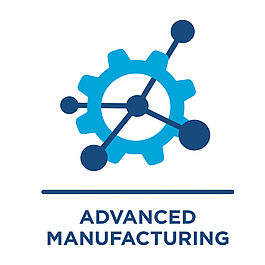
Since 2018, the European Association of National Metrology Laboratories (EURAMET) has set up various metrology networks (EMN European Metrology Network) on strategic European themes. These EMNs aim to bring together stakeholders, facilitate access to the unique expertise and resources available within national metrology institutes, and identify development needs and priorities in the metrology field for in fine guide research funding.
EMN Advanced Manufacturingcoordinated by the German metrology institute PTB, is organized around three pillars, one of which is dedicated to advanced materials and nanomaterials. A Strategic Research Agenda (SRA) is fed by exchanges with stakeholders. The recent Memorandum of Understanding (MoU) between VAMAS and EURAMET aims to strengthen the links between the two entities and reflects the desire to make EMN Advanced Manufacturing relaying VAMAS at European level, to step up European efforts to pre-standardize characterization methods for advanced materials and nanomaterials.
Founders


Partners


Newsletter
